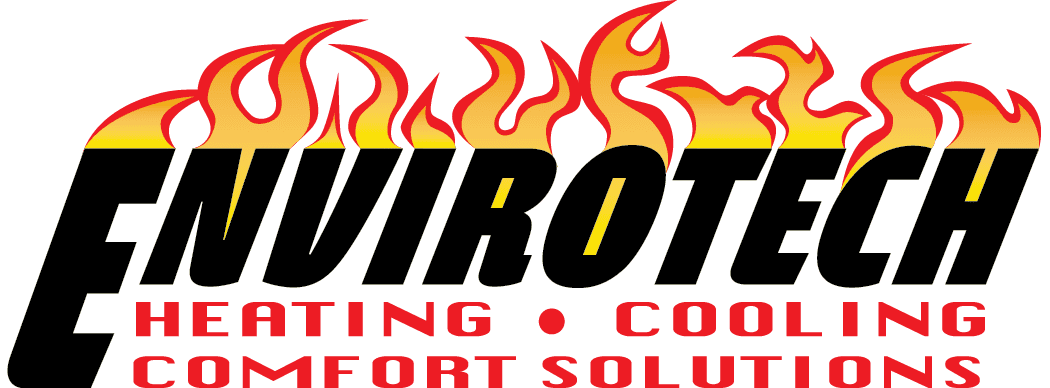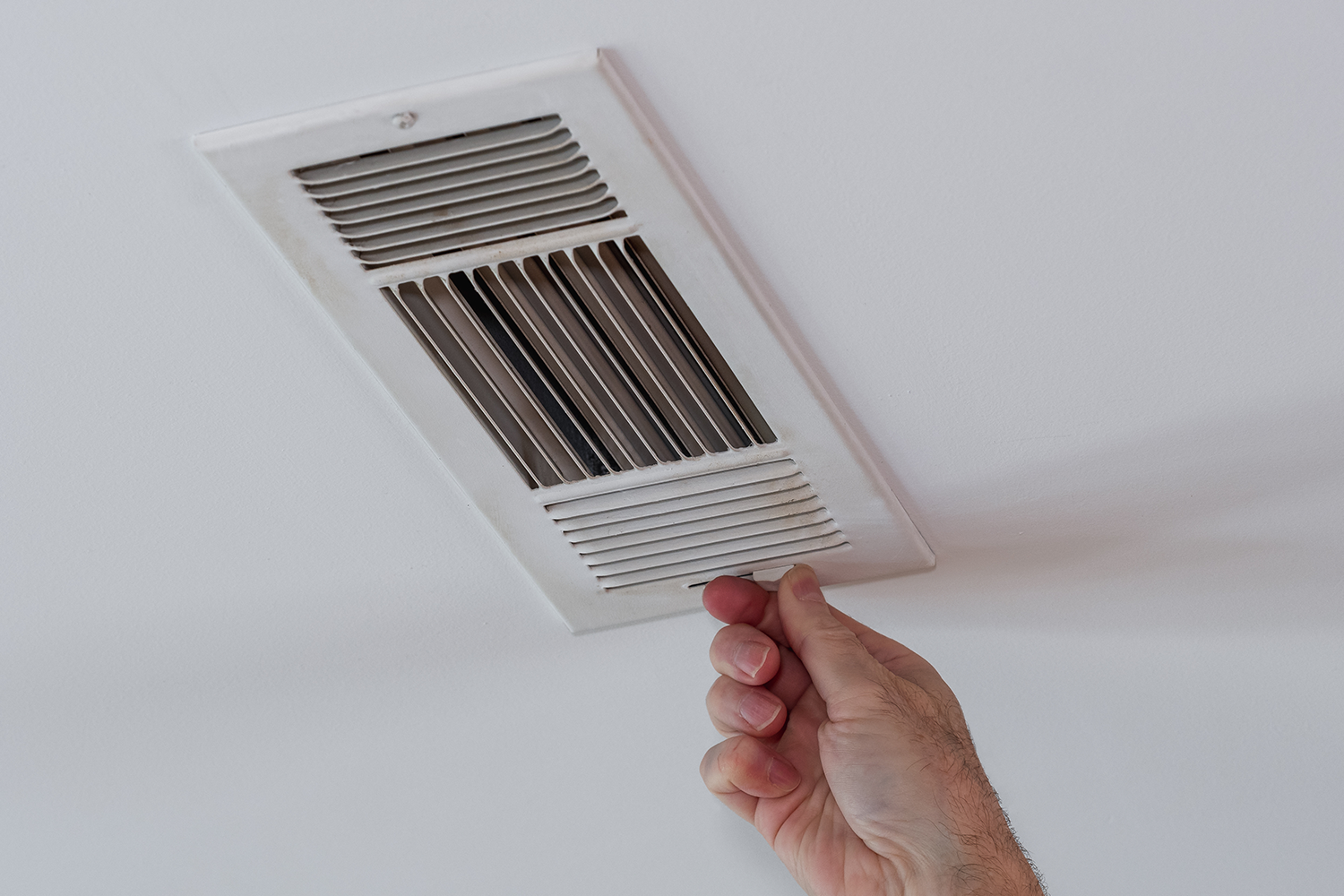When it comes to managing household energy use, many homeowners are on the lookout for easy ways to cut costs and boost efficiency. One common piece of advice you might have heard is that closing vents in unused rooms can help save energy by reducing the workload on your HVAC system. This idea seems to make sense at first glance—if you’re not using a room, why waste energy heating or cooling it, right?
However, the truth is that this well-intentioned strategy can actually backfire, leading to increased energy usage, higher bills, and even potential damage to your HVAC system. Let’s dive into why closing vents might not be the money-saving trick it’s often made out to be and explore more effective ways to keep your home comfortable and energy-efficient.
Understanding How Your HVAC System Works
To grasp why closing vents can be problematic, it’s helpful to understand the basics of how your HVAC system operates. Your system is designed to circulate air evenly throughout your home, maintaining a consistent temperature as set by your thermostat. It works by drawing in air, conditioning it (either heating or cooling), and then distributing it through a network of ducts to the various rooms in your house.
This process relies on a delicate balance of pressure within the ductwork. When everything is functioning as it should, your HVAC system efficiently maintains your desired indoor climate. However, when you close off vents, you disrupt this balance, leading to a host of unintended consequences.
The Myth: Closing Vents Saves Energy
The idea behind this myth is simple: By closing the vents in rooms you rarely use, you can prevent your HVAC system from wasting energy heating and cooling those spaces. This, in turn, should reduce the overall energy consumption, lower your utility bills, and extend the life of your system. Unfortunately, this approach is based on a misunderstanding of how HVAC systems are designed to function.
The Reality: Increased Pressure and Reduced Heating and Cooling Efficiency
When you close off vents in certain rooms, you’re not just stopping air from entering those spaces—you’re also increasing the air pressure within your ductwork. Your HVAC system is designed to move a specific volume of air through your home, and closing vents disrupts this flow. Here’s what happens:
1. Increased Wear and Tear on the System:
The increased pressure within the ducts can cause your HVAC system to work harder than necessary. Components like the blower motor may have to operate at higher speeds to push air through the reduced number of open vents. This extra strain can lead to parts wearing out faster, resulting in more frequent repairs and a potentially shorter lifespan for your system.
2. Reduced Energy Efficiency:
While you might think that closing vents would make your system work less, it actually forces the system to run longer to achieve the same temperature throughout your home. This is because the system is now struggling against higher pressure and an uneven distribution of air. In some cases, this can lead to the system cycling on and off more frequently, which is highly inefficient and can drive up your energy bills.
3. Uneven Temperature Distribution:
Another side effect of closing vents is uneven temperature distribution throughout your home. Rooms with closed vents might become uncomfortably cold in the winter or too warm in the summer, while other rooms may experience inconsistent temperatures as your system tries to compensate. This can lead to a less comfortable living environment and may prompt you to adjust the thermostat frequently, which further reduces efficiency.
4. Potential for Duct Leaks:
The increased pressure from closed vents can also cause or exacerbate leaks in your ductwork. Over time, these leaks can lead to significant energy loss, as conditioned air escapes into unconditioned spaces like attics or crawl spaces. This not only makes your HVAC system less effective but also wastes energy and money.
What You Should Do Instead to Heat and Cool Your Home Efficiently
Given the potential downsides of closing vents, what’s a better approach to saving energy and maintaining a comfortable home? Here are some effective strategies:
- Use a Programmable or Smart Thermostat:
A programmable or smart thermostat allows you to set specific temperatures for different times of the day. For instance, you can raise or lower the temperature at night or during hours when you’re away from home depending on the season, reducing energy use without sacrificing comfort. Smart thermostats can even learn your preferences over time and adjust settings automatically for optimal efficiency.
- Invest in a Zoning System:
If you have a larger home or areas that are rarely used, consider installing a zoning system. This setup allows you to control the temperature in different zones independently, so you can reduce energy use in unused areas without closing vents. Zoning systems can be more complex to install but offer significant energy savings and increased comfort.
- Ensure Regular Maintenance:
Regular maintenance is key to keeping your HVAC system running efficiently. Schedule seasonal check-ups with a professional HVAC technician to ensure everything is in top shape. This includes cleaning or replacing filters, checking for leaks in the ductwork, and making sure the system is properly calibrated.
- Improve Insulation:
Proper insulation can help maintain a consistent temperature in your home, reducing the workload on your HVAC system. Check for any areas where heat might be escaping in the winter or entering in the summer, such as windows, doors, and attics, and improve insulation as needed.
- Optimize Airflow:
Make sure that furniture, drapes, and other objects aren’t blocking air vents or registers. Good airflow is essential for your HVAC system to work efficiently. Additionally, consider using ceiling fans to help circulate air more effectively, reducing the need for your HVAC system to run as often.
Conclusion: Keep Those Vents Open
The idea of closing vents to save energy is a persistent myth, but it’s one that can lead to costly consequences for your HVAC system and your wallet. By keeping vents open and ensuring your system is well-maintained, you can achieve better efficiency, lower energy bills, and a more comfortable home.
At Envirotech, we’re committed to helping you get the most out of your HVAC system. If you have any questions about optimizing your system or if you’re interested in learning more about energy-saving strategies, don’t hesitate to reach out to us. We’re here to help you keep your home comfortable and your HVAC system running smoothly.

